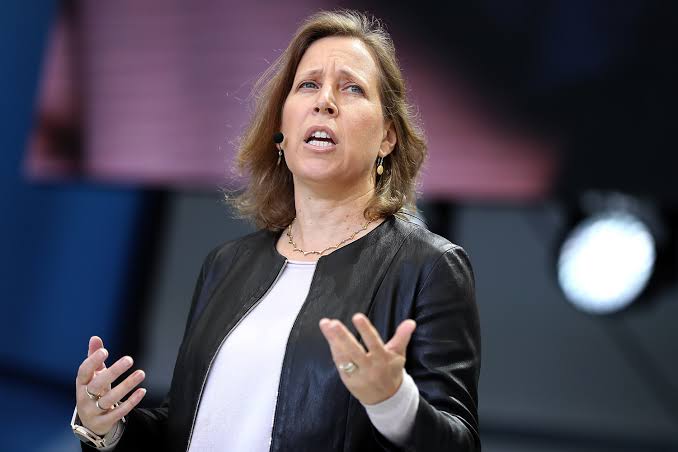More and more tech companies are looking at nuclear power as a safe and long-lasting way to power their data centres. Nuclear energy is being looked at as a possible answer to the growing need for clean energy to power the tech industry’s huge data needs. Some power companies are against this rising interest, though, because they are worried about the direct connection of data centres to nuclear plants.
Power companies like Vistra and Constellation Energy are working with tech giants to see if they can connect their data centres straight to their nuclear plants. It’s easy to see why people are interested: nuclear power provides a steady, carbon-free source of energy that can meet the huge energy needs of data centres. Alternatives to fossil fuels like nuclear energy are appealing to tech companies that care about the environment.

Tech vs. Utilities: The battle over direct nuclear power connections heats up as companies seek cleaner energy solutions.
There has been talk on the stock markets about this possible change. Investors see Constellation Energy and Vistra as companies that could be very important in running the tech industry, so their shares have gone through the roof. Investors are more confident because utility companies’ stock prices have gone up a lot because they think they will be able to sign long-term, safe energy contracts with tech companies. The market thinks that nuclear energy could become an important part of the tech sector’s energy plan, which is why this price increase.
Putting in direct links between data centres and nuclear power plants is, however, a controversial move. The main point of disagreement is the difficulty and possible dangers of these kinds of plans. Some utilities have already started to fight these plans, saying they are worried about what they could mean for the security of the grid, the ability of regulators to keep an eye on things, and the example that these plans could set for future energy deals.

Power Struggle: Utilities push back against tech companies’ drive to link data centers directly to nuclear plants.
The challenge to a deal between Amazon and Talen Energy is a well-known example of this kind of pushback. There was opposition to the deal from other utilities. It would have connected Amazon’s data centres straight to a nuclear power plant run by Talen Energy. These businesses say that going around the normal grid system could lead to imbalances and hurt how the power grid works as a whole. They also raise worries about the regulatory framework, asking if the current rules do enough to deal with the unique problems that come up when nuclear plants and data centres are connected directly.
The debate brings to light the larger conflict between the tech industry’s search for environmentally friendly energy solutions and the energy system that is already in place. Tech companies want to find green, stable energy sources, but utilities are worried that this could mess up their current energy systems. As both the tech industry and the government try to figure out how to add nuclear power to their energy mix, this conflict of interests is likely to shape the future of energy policy and control.

Nuclear Energy Showdown: Tech giants face resistance from utilities in quest for sustainable power.
The result of these talks will have big effects on both the tech and energy industries, and the talks are still going on. If these agreements work out, they could lead to a new era of clean energy work between tech companies and nuclear power plants. Utility companies and regulatory issues, on the other hand, make it clear that achieving this goal will require careful negotiation and creative solutions that address the concerns of everyone involved.